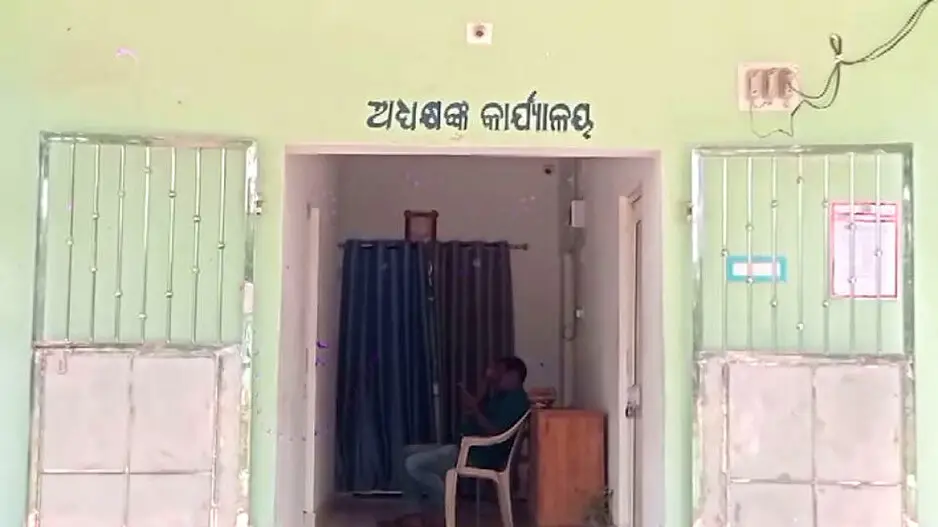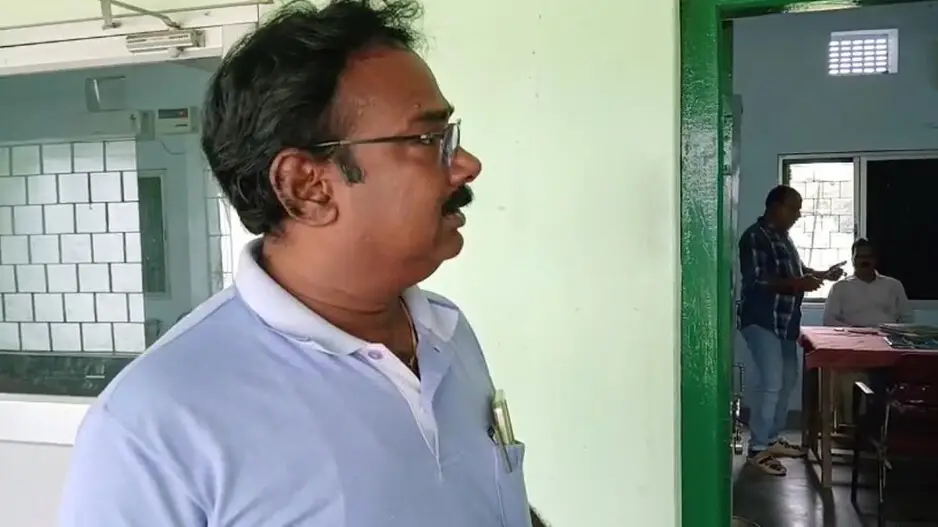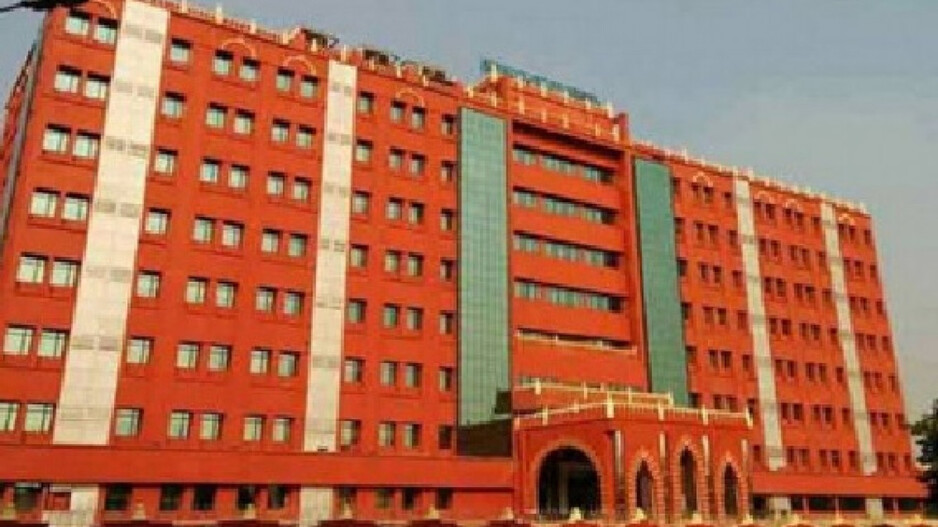/odishatv/media/post_attachments/uploadimage/library/16_9/16_9_0/recent_photo_1693672311.jpg)
Orissa HC quashes judicial officer’s premature retirement
The Orissa High Court, while setting aside the premature retirement of a judicial officer, has reaffirmed that compulsory retirement cannot serve as a substitute for a disciplinary inquiry and must not be used as a punitive tool.
The case involved a Family Court Judge who challenged a government notification that prematurely retired him at the age of 55, five years before the prescribed superannuation age of 60. A Division Bench comprising Justice Dixit Krishna Shripad and Justice Mruganka Sekhar Sahoo observed:
“Compulsory retirement is no replacement for a proper disciplinary inquiry. Such an action, if punitive in nature, necessitates providing the official an opportunity to be heard. The absence of a disciplinary inquiry or a hearing, as seen in this case, violates the principles of natural justice.”
The Court also clarified that the provision for a three-month notice under Rule 38 was irrelevant here since the officer had already been paid three months’ salary in lieu of notice.
Case Background
The petitioner, who entered the District Judiciary in 1997 as an Additional Civil Judge (Junior Division)-cum-Judicial Magistrate Second Class, had a steady career progression. He was granted ACP-II Pay Scale in 2009, promoted to Civil Judge (Senior Division), then Chief Judicial Magistrate in 2013, and District Judge in 2015. His performance was reviewed at age 50, after which he continued in service and received a Selection Grade. However, in 2017, while serving as a Family Court Judge, he was compulsorily retired under the impugned notification.
The Bench noted that the Odisha Judicial Service Rules, 2007 (framed under Article 309 and Articles 233–235 of the Constitution), prescribe 60 years as the retirement age under Rule 42. They emphasized that compulsory retirement powers are an exception to the rule and must be exercised judiciously, with strict adherence to legal standards.
“While a right to public employment isn’t absolute, arbitrary removal is impermissible. Premature retirement requires strict compliance with the governing provisions and cannot be wielded capriciously,” the Court stated.
Key Observations
The judges highlighted that while there were allegations against the petitioner—including manipulation of depositions and solicitation of favors—no disciplinary proceedings were ever initiated. Drawing upon the Supreme Court’s precedent in State of Gujarat v. Umedbhai M Patel (2005), the Bench reiterated that compulsory retirement must not be used as a shortcut to bypass a departmental inquiry where one is warranted.
The Bench remarked:
“Judicial integrity must be beyond reproach. However, allegations alone, without adverse entries in the officer’s Confidential Character Rolls (CCRs) or Performance Appraisal Reports (PARs), cannot justify premature retirement.”
Furthermore, the Court cautioned that writ courts must not refrain from interfering merely because an administrative opinion by the Full Court was involved. The presence of demonstrable errors in the records justifies judicial scrutiny.
Outcome
While quashing the premature retirement order, the Court stopped short of ordering reinstatement or monetary compensation. Instead, it directed the matter to be reconsidered by the Jurisdictional Review Committee, ensuring the petitioner is afforded an opportunity to present his case.
The writ of certiorari issued by the Bench remitted the case for fresh evaluation “in light of the observations made.”
Advocate Purusottam Chuli appeared for the petitioner, while Additional Standing Counsel Prabhu Prasanna Behera represented the State.
Female lecturer alleges harassment by college principal in Odisha's Cuttack

Malkangiri residents oppose ban on petrol sale in bottles, demand more fuel stations

Sexual harassment allegation by female student in Odisha; college principal, accused lecturer suspended

Two convicts with death sentences acquitted in triple murder case in Odisha

/odishatv/media/agency_attachments/2025/07/18/2025-07-18t114635091z-640x480-otv-eng-sukant-rout-1-2025-07-18-17-16-35.png)

/odishatv/media/media_files/2025/09/22/advertise-with-us-2025-09-22-12-54-26.jpeg)